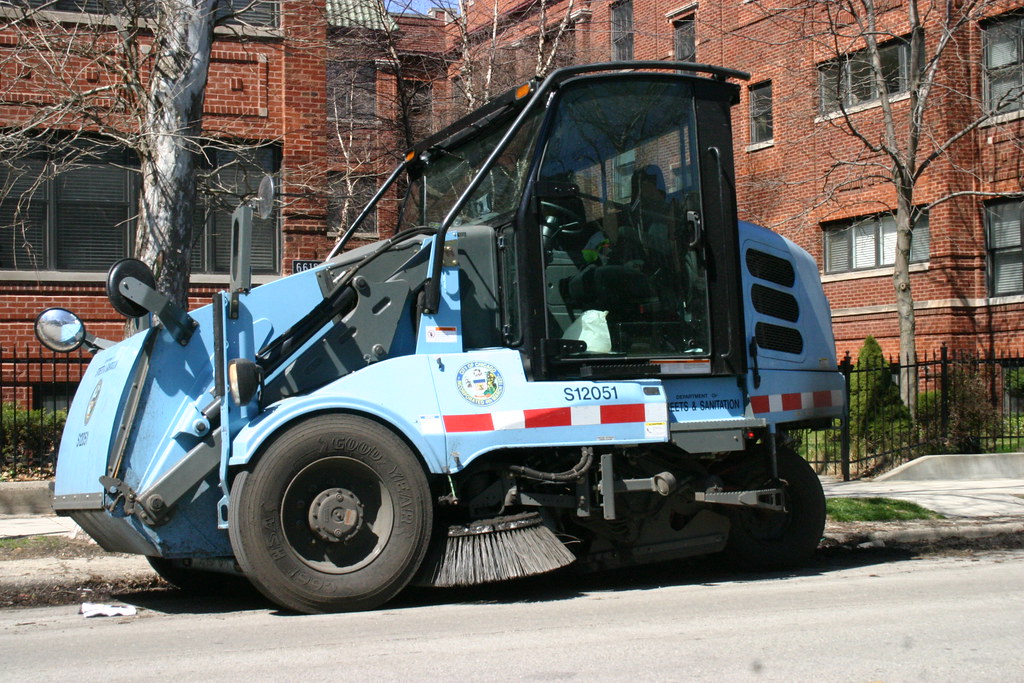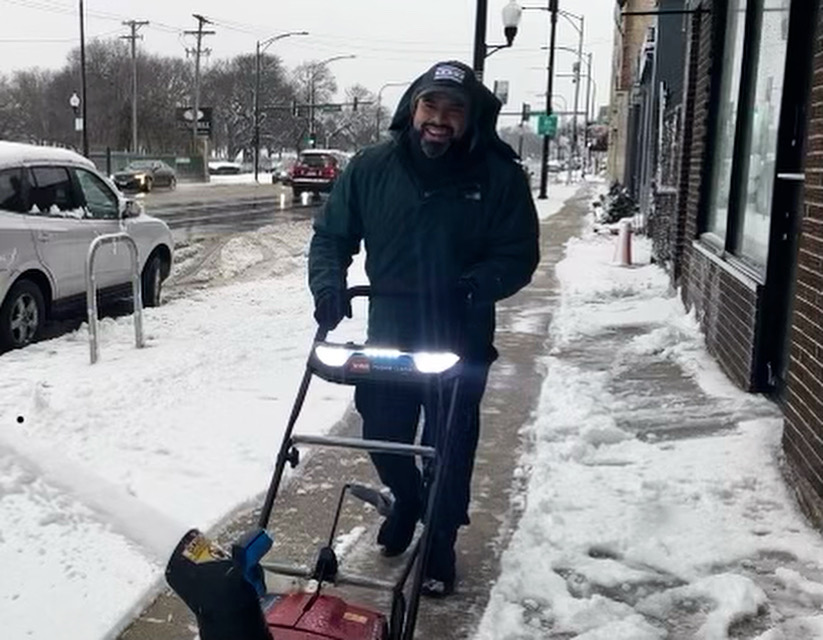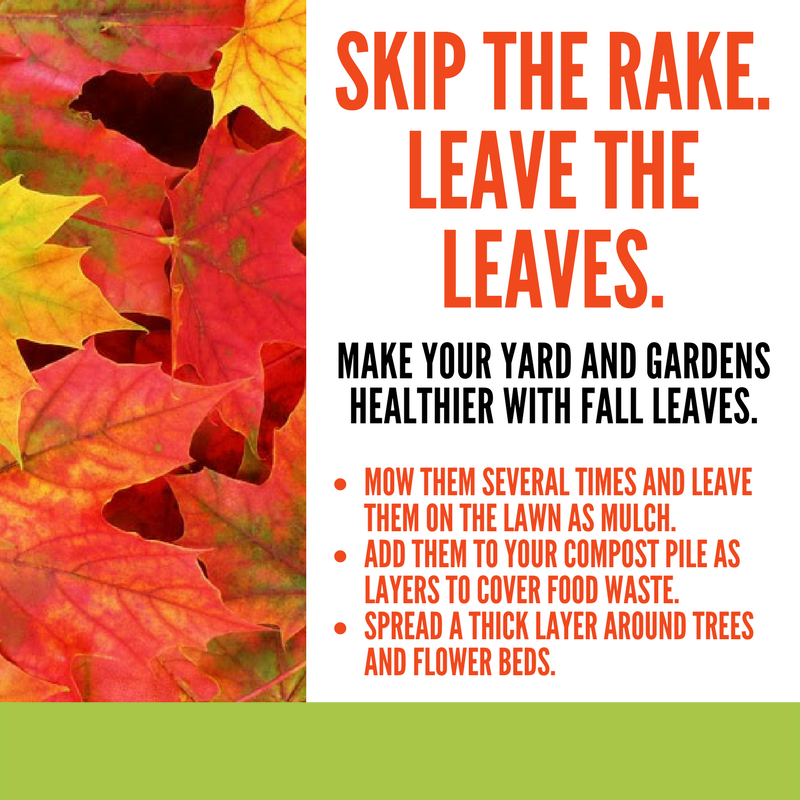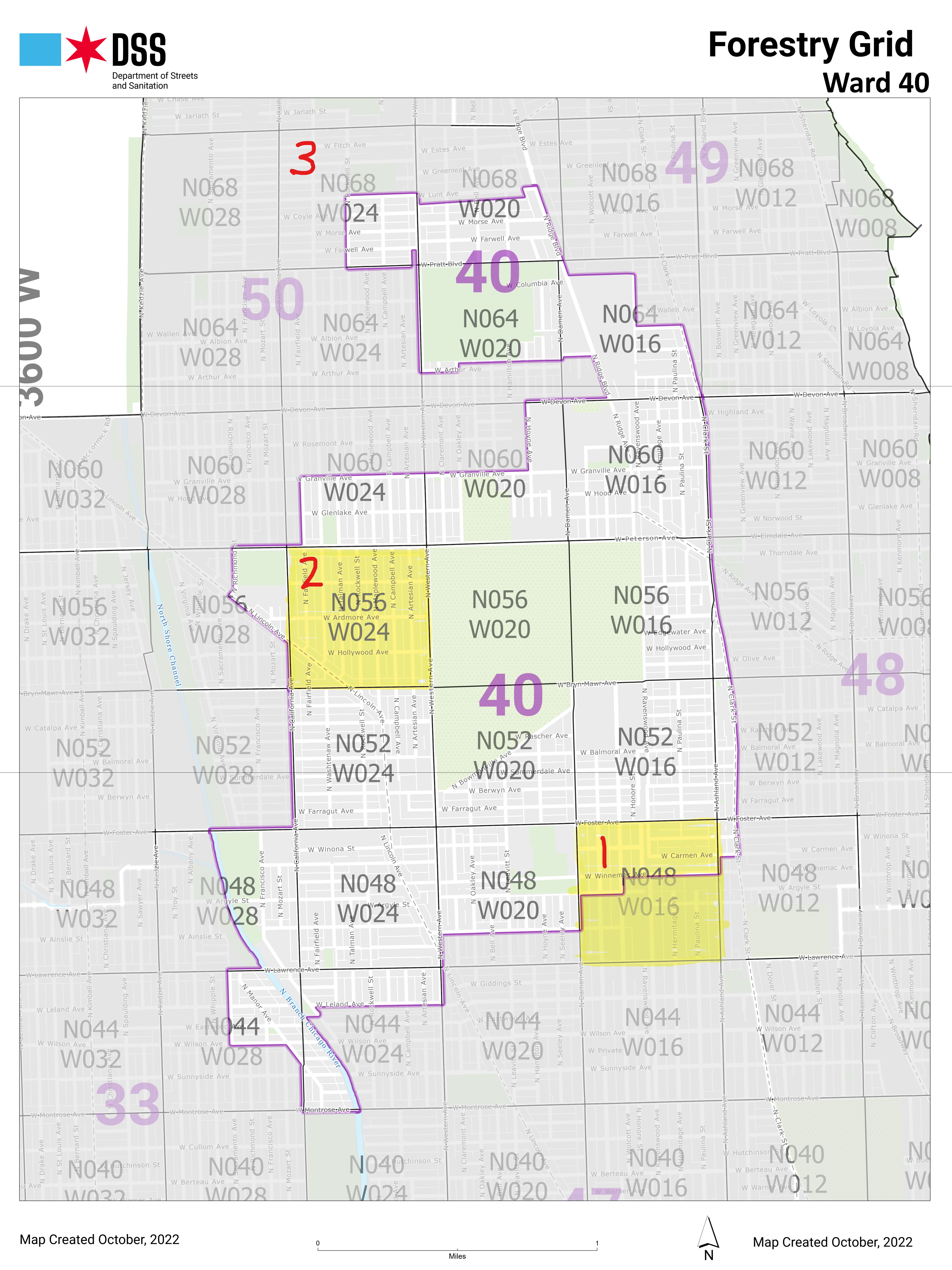Tasked with providing a safe and healthy environment on the streets and alleys of Chicago, the Department of Streets and Sanitation (DSS) is one of the largest non-emergency departments in the City of Chicago.
District and ward superintendents monitor their sections of the city for any non-sanitation bureau services that might be needed, coordinating local garbage pick-up, sanitation code enforcement, snow removal operations and other services. Our office can assist you with most questions and concerns and report issues to the appropriate bureau or outside agency for attention.
Forestry
Tree trimming, removal of dead or damaged trees, and tree planting all fall within the purview of the Department of Streets and Sanitation.
Tree Trims
If you see a tree that you want trimmed, please file a 311 request. Tree Trim Requests must be logged in the 311.chicago.gov system. Due to a large number of tree trim requests, there is a chance your tree wasn’t trimmed.
We will escalate tree trim cases directly to the commissioner if we are provided a picture, SR#, address and description of the issue and if we determine that the branch poses imminent danger to people or property- based on the photo and if needs be a site visit.
Tree Planting, Tree Removals
The Bureau of Forestry aims to increase the tree supply in the City of Chicago and exercises caution when considering tree removals.
You are encouraged to file 311 requests for tree planting. In specific cases, like some multi-unit buildings, or when certain trees are incompatible with the area, a tree planting may be denied. Please feel free to reach out about a tree planting case you have and include the SR# and we can check on the progress.
Continue to file tree removal 311 requests, and reach out to our office with pictures of the tree. With the exception of damage from extreme weather events, the Bureau of Forestry will only remove a tree if it has been determined to be dead by a City Certified Arborist working for the Bureau of Forestry. If approved, tree removals will not occur until either the end of the current year or beginning in the next year.
Garbage and Recycling
Garbage Collection
The Bureau of Sanitation collects residential garbage from approximately 600,000 households in Chicago. Pick-ups are weekly, Mondays through Fridays. City crews service all single-family residences and apartment buildings of four units or less. More than one million tons of garbage and recyclables are collected annually.
Search RecycleByCity.com by address for your blue cart/black cart pickup days.
- Residential Garbage Collection
- Grid Garbage Collection
- Recycle Guide by City of Chicago
- Check Status of Sanitation Code Violation
- Non-Scheduled Garbage
- Roll-Out Refuse Carts
- Sanitation Ordinance
Recycling Collection
The Blue Cart program provides bi-weekly recycling services to single family homes and multi-unit buildings with four or fewer units. By recycling regularly, you can help reduce the need for landfills, lower disposal costs, reduce pollution and conserve natural resources, such as timber, water and minerals.
Residential buildings with five or more units and commercial buildings must provide for their own trash pickup and recycling services. Learn more about mandatory recycling in Chicago.
To request a cart replacement or an additional cart (black or blue), create a request on 311.chicago.gov, use the 311 App or call TTY 311. You can also call the 40th Ward Office for assistance at (773) 654-1867.
Graffiti Removal
The Chicago Department of Streets and Sanitation offers free graffiti removal services to private property owners to help maintain the beauty of our communities. To report graffiti and request its removal, call the city’s service request line at 3-1-1 or make a service request at 311.chicago.gov.
Rodent Control
One of the City’s most effective ways to combat rodents is containerization. Because the residents we service use heavy-duty plastic carts with tight-fitting lids to contain garbage, residents are able to cut off one of the main sources of food in an urban rat’s diet. These carts are free and are distributed by the department’s Bureau of Sanitation. Use of these free carts, combined with the rodenticide we strategically place deep inside a rat’s burrow, are the key reasons for the decline of rats in our city. If rats can’t feed, rats can’t breed.
Requests to have your backyard baited require your consent. You must create a request on 311.chicago.gov, use the 311 App or call TTY 311 to request baiting on your property.
Street Sweeping
Street sweeping season is April to mid-November or later, weather permitting. Chicago uses mechanical street sweepers to remove debris and litter from streets. Watch out for bright orange signs announcing temporary parking restrictions. These signs are posted two days prior to scheduled street sweeping events.
We have heard your feedback about extending street sweeping after November, and have been advising the Department of Streets and Sanitation to make this procedural change. We encourage you to e-mail the Department of Streets and Sanitation at DSS-StreetSweeping@cityofchicago.org to let them know of your concerns.
- 40th Ward Street Sweeping Map and Schedule
- View the Street Sweeping schedule for all Wards
- Subscribe to get notifications from We the Sweeple‘s site based on City Data Portal information
- Real-time Street Sweeper Tracker
What happens if I don’t move my car during street cleaning?
On street sweeping days, if you don’t move your car you could be hit with a ticket. From April 1st through mid-November, bright orange temporary parking restrictions are posted two days before sweeping service is scheduled to begin on any street to ensure curb-to-curb cleaning. Some arterial streets have permanently posted signs that specify a once-per-week period when parking is prohibited for street sweeping.
Can I dispute a ticket received for not moving my car?
If the street sweeping notice was not visible, please contact our office. We can assist you in verifying the lack of signage needed to waive your fine.
How can I request additional street sweeps?
Street sweeping requests should be made to city’s request line at 3-1-1. Our office can request additional street sweeps, contact the 40th Ward Superintendent, Bill Hohenadel.
Leaf Removal
As the seasons change, street drains can get clogged with leaves and other street debris and flood.
Residents are responsible for leaf clutter in front of home.
Residents are responsible for cleaning the catch basins in front of their houses; the Department of Water Management does not have the crews to do this. Please tell your neighbors and landscape companies NOT to rake leaves into the street and gutters. If you see leaves and debris on top of street drains or catch basins, rake or sweep up and bag this debris, and dispose in the trash or compost in a yard. Otherwise, debris can clog the sewer structure which causes extreme flooding. If ponding water remains after removing leaves and debris from the surface grates, please contact our office. We will contact the city to schedule the unclogging.
Snow Removal
The Department of Streets and Sanitation also coordinates Chicago’s snow and ice control efforts from Snow Command. During a snow program, their first priority is to clear main routes and Lake Shore Drive. Once arterial streets are patrolled and deemed safe is generally when Snow Command turns their attention to the side streets.
In the 40th Ward, Chicago’s Winter Snow Parking restrictions apply to Foster Avenue.
Homeowners and businesses must clear snow from sidewalks next to their property.
Homeowners and business owners must clear snow from sidewalks next to their property. Without a wide, clear path, snow and ice on the sidewalk make it difficult for everyone to walk safely — especially people with disabilities, seniors, and children. This consideration also applies to any objects that are placed in the street to “call dibs” on a parking space. People who have a concern about dibs can also report it to 311.
Download the Chicago Sidewalk Snow Removal Guide (PDF).
Towing, Special Events Enforcement
To report an abandoned vehicle, check auto pound locations, find out about temporary parking restrictions, or get answers to common towing questions, please visit the City of Chicago Traffic Services page for details.
40th Ward 14-day Towing Policy
Due to mistakes in identifying cars as abandoned, we exercise additional caution and our 40th Ward policy regarding towing varies slightly from the city guidance. Where the city allows 1-week to 10-days before towing an abandoned vehicle, our office works to extend that period to 14-days to allow for more notice to vehicle owners. If in doubt, please contact our office directly for assistance.
311 Streets and Sanitation Requests
News & Updates: Streets and Alley Maintenance
Contact the 40th Ward Office
Our office works to ensure you feel supported, connected, and valued. Please reach out with any questions or concerns you may have—we are here to help!



